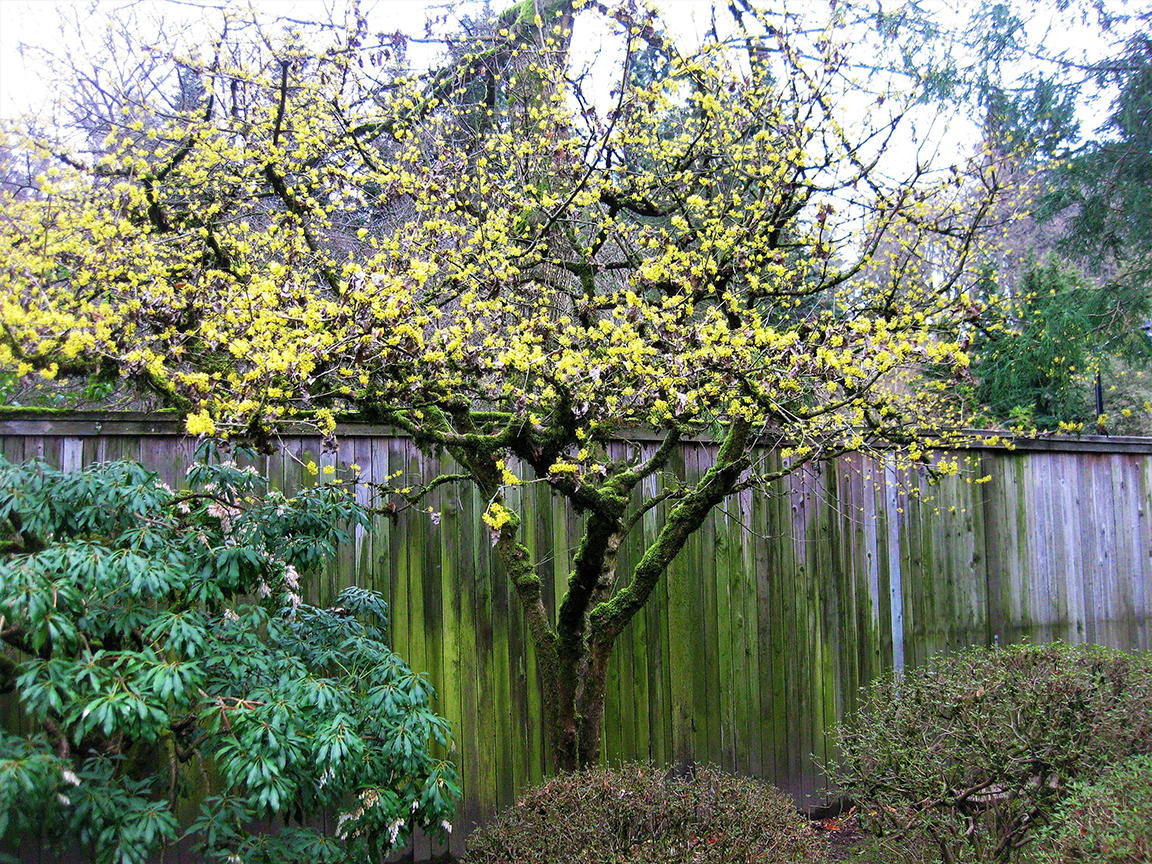

- #Cornus mas in us for free
- #Cornus mas in us full
Guarantee: If any plants die within a year, we will replace them. Payment: We do not charge your card until we begin to prepare your order for packing. We will email you the day before your plants are due to arrive. Therefore, please plan your planting day for the weekend at the end of the delivery week or for the week following delivery, at the earliest. *Surcharges to the Highlands and Islands still apply.īecause couriers sometimes experience delays, we schedule delivery by week, not by day.
#Cornus mas in us for free
If the whole order was eligible for free P&P then the second of the split orders will be delivered free of charge.
If, for reasons of seasonality an order needs to be split, then we will charge for each delivery. Pallets (for all orders of root balls, and large orders, a pallet price will be automatically applied at checkout) = £75.00 (inc VAT) per order. This is applicable to ALL orders to these locations. Orders delivered to Scotland and the Isle of Wight may incur a surcharge (calculated during checkout). Trees & hedging (bareroot plants and trees over 1.2 metres in height) = £19.80 (inc VAT) per order. Large box (pots up to and including 7.5 litres) = £15.00 (inc VAT) per order. Standard box (bareroot plants up to 1.2metres) = £11.40 (inc VAT) per order. Small box (orders containing only seedlings or rooted cuttings) = £7.20 (inc VAT) per order. There is caffeine in the seeds, which can be roasted and ground into a powder.ĭelivery: Our standard delivery charges are: In the past, it was commonly preserved in brine like an olive. The fruit tastes like a sharp plum when fully ripe, but even slightly under ripe ones are too sour to enjoy fresh, and they do not all ripen at the same time, so it is often made into jams (you will need to add pectin). Little is known of its origins in Britain, except that is has been naturalised here for several hundred years and is native to Southern Europe and Turkey. Did You Know?įormerly classified as Cornus mascula, we say that it has a technical RHS Award of Garden Merit because four of its cultivars do. Just to be clear, this dogwood should not be hard pruned down to ground level every spring as you would with an ornamental dogwood like midwinter fire, although it is fine to hard prune it if it gets overgrown. They won't flower much in more than partial shade, so if you are planting them as a specimen, the more sun the better. Colour: Yellow flowers in Jan/Feb - Marchĭogwoods are tough shrubs that thrive in damp soils near water, but once established are also fine in dry, poor soil. #Cornus mas in us full
It can reach 5 metres if it is pruned into a tree, but about 3 metres is typical for a shrub in the wild.īrowse all of our other varieties of Dogwood, our selection of shrub hedging or our full range of hedging plants.ĭelivery season: Cornelian Cherries are delivered bareroot during late autumn and winter, approximately November-March inclusive. All of which make it one of those "three tricks in one" garden plants that help create year round interest. The leaves turn a lovely reddish-purple in the autumn to finish off the show: it doesn't have brightly coloured new bark, but mature plants have moderately interesting, flaky brown bark. The flowers ripen into bright red, acidic, edible cherry-like fruits, which give this tree its common name of Cornelian Cherry (Cornel is another word for dogwood). It looks fantastic when the morning or afternoon sun is behind it and shines through the branches. It flowers early in the year (which is great for bees), usually starting in February, sometimes January, with loads of small, yellow, witch hazel-like flowers appearing on the bare branches. Cornus mas: Bareroot Cornelian Cherry HedgingĬornus mas, the Cornelian Cherry, or edible dogwood, is a small tree or large shrub and is ideal as either a specimen or as part of a mixed hedge.





 0 kommentar(er)
0 kommentar(er)
